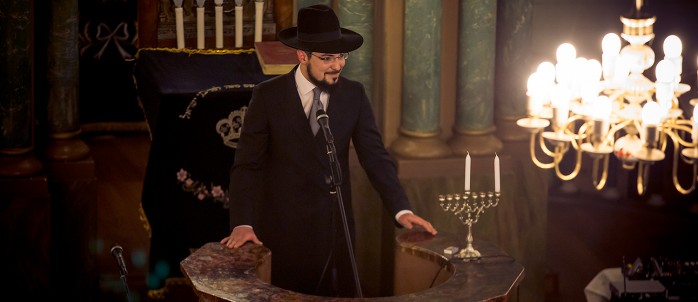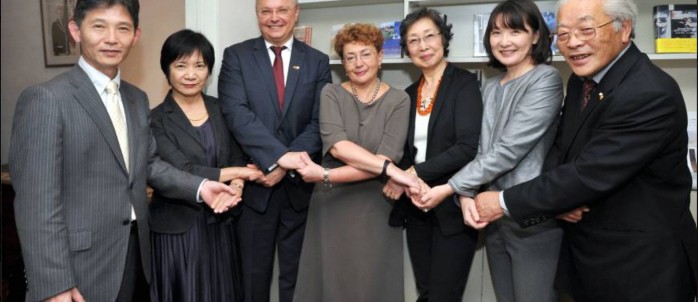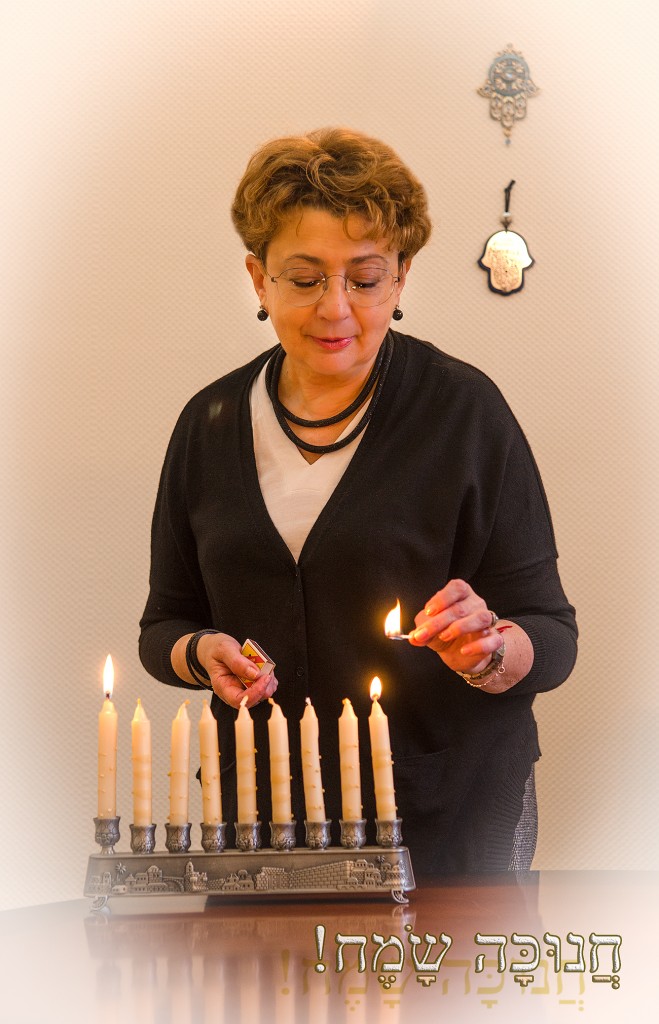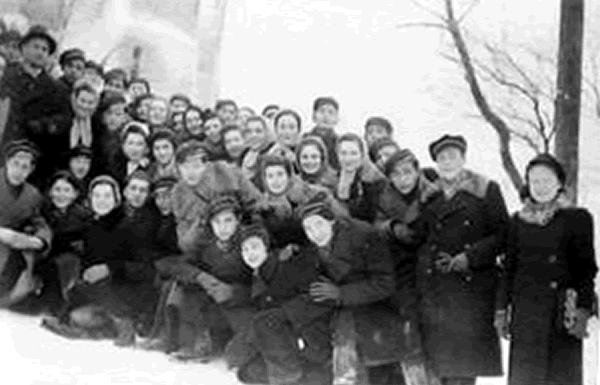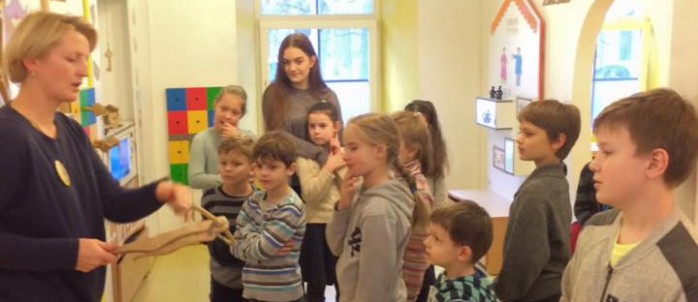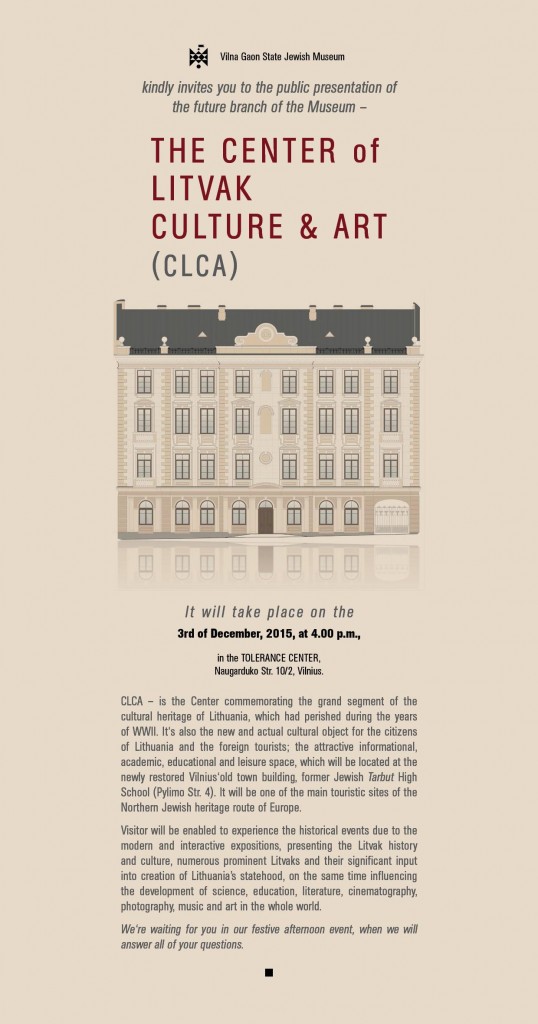My dear brothers and sisters, in Israel and around the world: at Hanukkah we stand around the lights, watch as they glow and sing together “Ma’oz Tzur Yeshu’ati,” a song that tells about the many challenges that have risen against the Jewish people in the past. We celebrate the survival of our people and our faith against all odds. We celebrate the freedom that was won in these days and that we enjoy today with Israel as national home for the Jewish people. It is no coincidence that the symbol of the government of Israel is the menorah, the symbol of Jewish independence that lights our path. In each generation we must find that path; to reinforce the bonds between Jews across the world; to share together, to hold high the torch of freedom; to bring lights where there is darkness, just as it was for the heroic Macabbee, the light of the menorah inspired us all.
Today, hatred, incitement and terrorism threaten the whole world. In the face of these threats, we need to be firm. We need to be firm and strong, like a rock, like ma’oz tzur [the rock of ages] in our beliefs in freedom, in justice, in the values of our tradition and of democracy. So this year, as we gather with our families and our communities and look at the wonderful lights, it is my prayer that we will be reminded of the bonds that we all share and the important role we have– we all have–of bringing a light unto the nations. Our thoughts at this time are of course with those who will be celebrating with heavy heart, those injured and the families who have lost loved ones in the wave of terror that has struck in Israel and around the world. To them especially and to all the Jewish people, I wish a very, very happy Hanukkah! Shalom from Jerusalem. God bless all of you. Happy, happy Hanukkah.
Watch the greeting here.



















